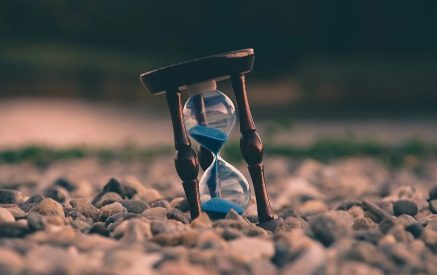Recently, a non-governmental organization appealed to me to read a quatrain with other people from Paruyr Sevak’s “The Unsilenceable Belfry” poem. To be honest, I’m not a fan of this work, and as to what its public reading gives as a form to mark the Centennial of the Genocide, let’s leave it for the experts to determine it: the psychologists and teachers. And pertaining to this, I thought of a more general problem – the patriotic upbringing.
When in the first half of 90’s, the then Minister of Education Ashot Bleyan banned “staging” the aforementioned poem in the lower grades during the literary-artistic evenings, the “patriotic public” revolted naming Bleyan to be “Abdul Hamid” and “Taleat” and the direction that the Minister professes – a “bleyanizm – mankurtizm”. To the point, pay attention that it was not about not learning this poem in high grades during the literature lessons as an outstanding literary work created in a specific time, in the late 1950’s. The minister was simply against the children reciting Sevak’s lines from the first grade, in the framework of patriotic education, without perceiving them as a formula of understanding the life.
But it must be admitted that the vacuum remains. What should come to replace the Little Octobrists, pioneers and members of Young Communists’ League? The young nzhdeh-followers? The young Yerkrapah? I’m not sure. Because patriotism is not an ideology. It’s an emotional state, which everyone lives in its own way. One loves homeland with heartbreaking speech about Genocide, the other one – with dropping the garbage lying on the ground into the garbage bin. No one has the right to say which of the way is preferable.
The idea of Yerkrapah-Octobrists and Yerlrapah-pioneers also seems suspicious to me. The state, I think, hurried to allocate the taxpayers’ money to this idea. The name “Yerkrapah”, to put it mildly, is not spotless and indisputable for the society. The “Yerkrapahs” (true and “asphalt”) were often used for political purposes. Now, the “party upper bodies” incite fights for a war between RPA and PAP veterans. In a place where it smells with political and, consequently, economic interests, there can be no talk there of patriotic upbringing.
Thus, we do not have indisputable contemporary examples that would give indisputable formulas to the children. In fact, it is the same in the poetry. In 1950-60’s, Hamo Sahyan wrote his best works. His patriotism is closer to my heart.
ARAM ABRAHAMYAN





















































